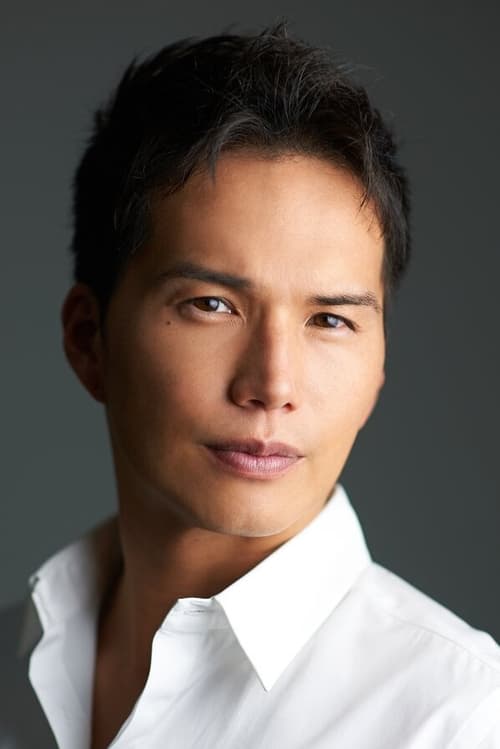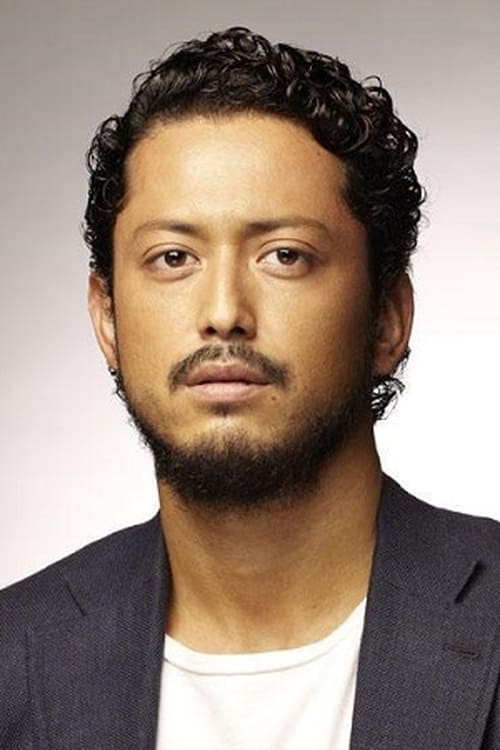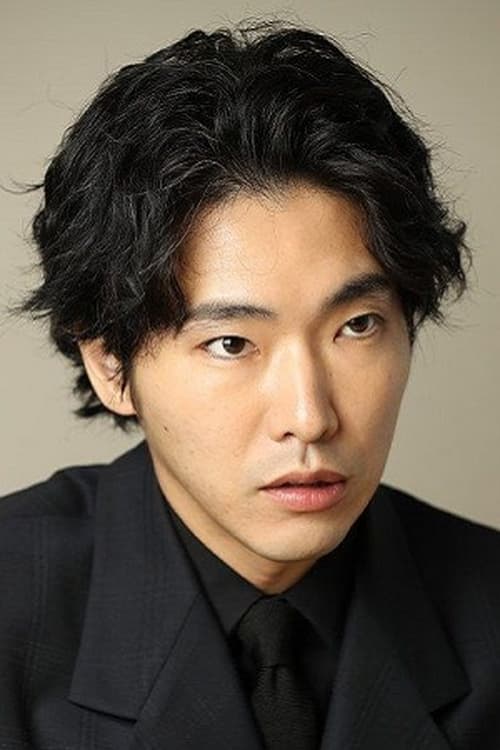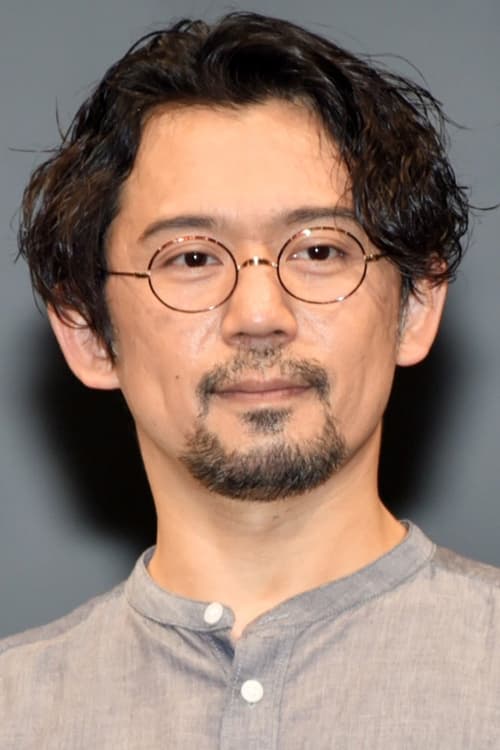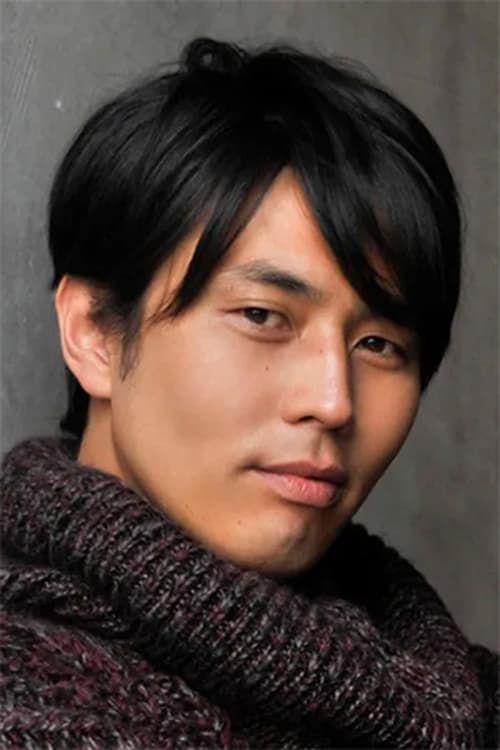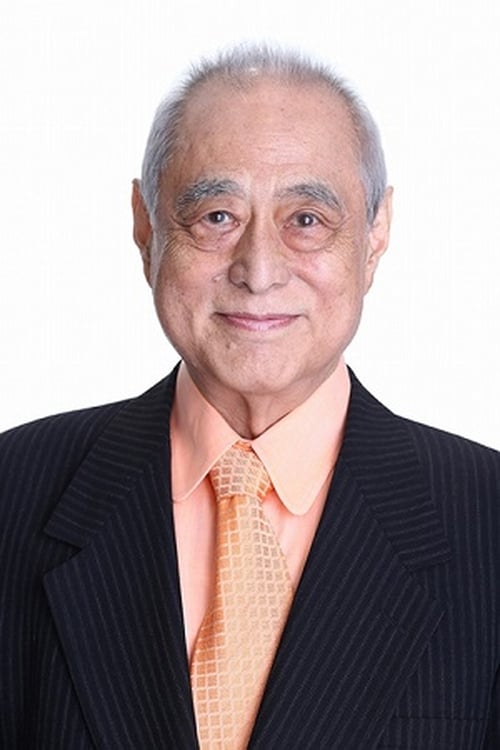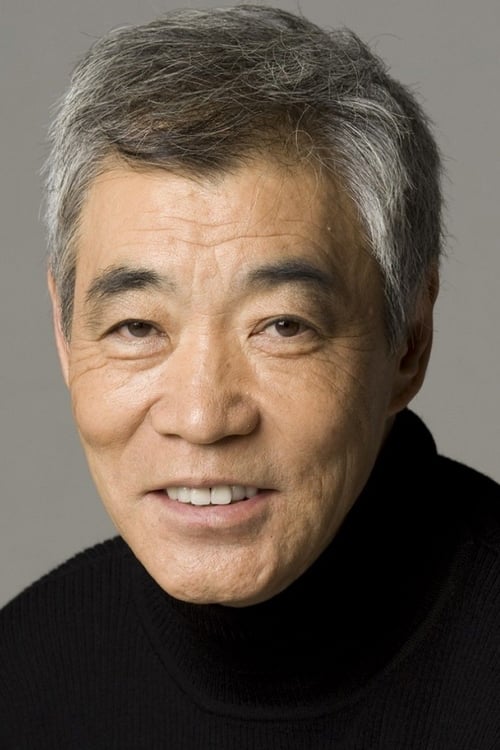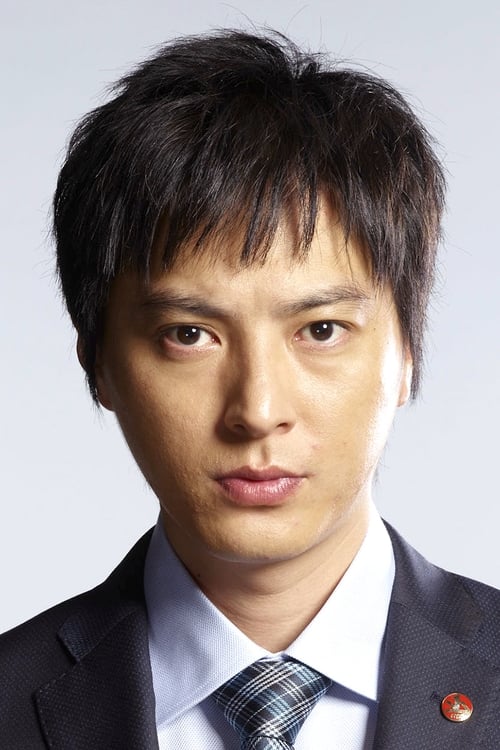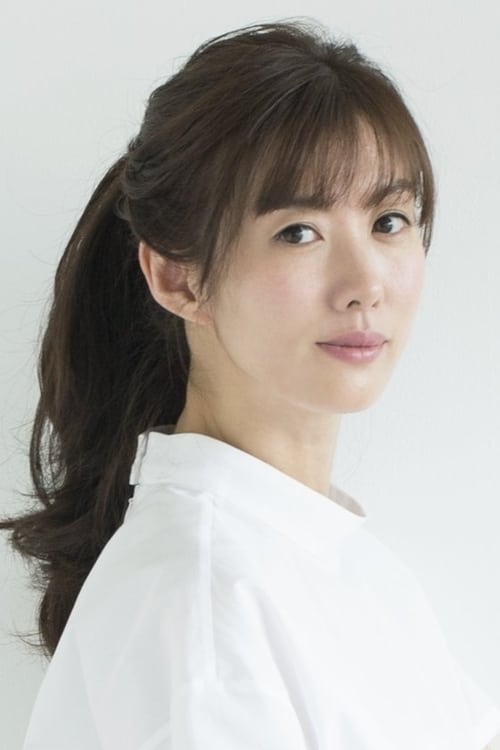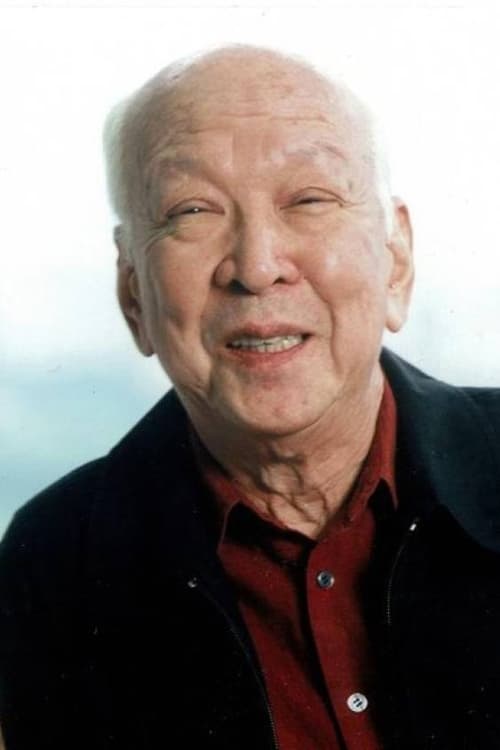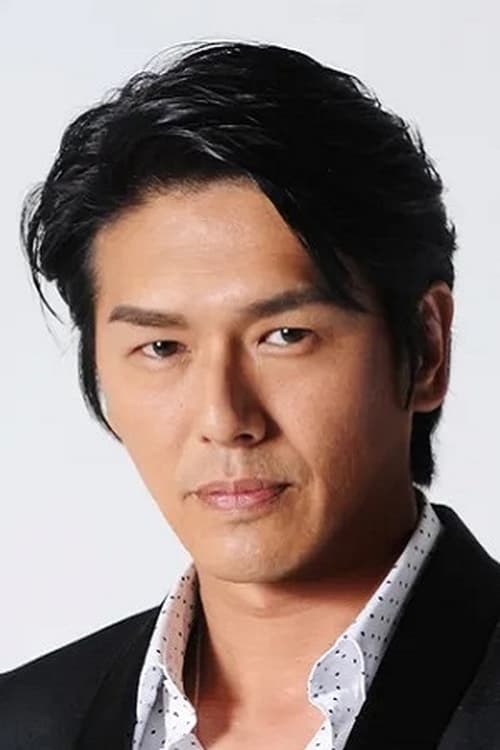偶然にも最悪な少年 (2003)
なにもすることがなかったので、少年は、姉の死体といっしょにシアワセを探しに出かけた。
ジャンル : ドラマ, ロマンス
上映時間 : 1時間 53分
演出 : Su-yeon Gu
脚本 : Mitsunori Gu
シノプシス
カネシロヒデノリは在日韓国人の高校生。小さい頃からいじめられっ子だったヒデノリは、さしたる目的も持てず無為な毎日を過ごしていた。ある日、彼の姉ナナコが手首を切って自殺した。ヒデノリは姉に一度でいいから祖国を見せてやりたいと無謀な計画を思い立つ。ひょんなことから知り合った強迫性障害で盗癖のあるエキセントリックな少女、由美と、渋谷でブラブラしている24歳のチーマー、タローがその計画に加わる。彼らは亡くなったナナコの遺体を病院の霊安室から盗み出すと、白いオンボロマークIIに乗り込みひたすら西を目指して走り始めるのだった。

A retired contract killer goes on a bloody rampage when a young girl finds herself at the mercy of gangland human traffickers and only one man can come to her rescue, with an arsenal of weapons and years of experience in the art of killing.
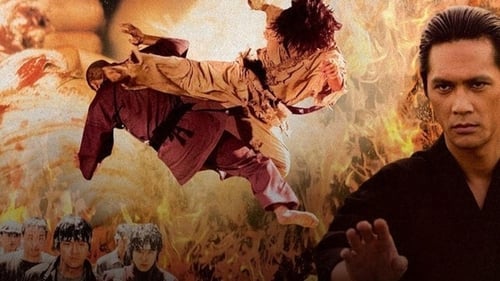
An account of karate competitor Choi Yeung-Eui who went to Japan after World War II to become a fighter pilot but found a very different path instead. He changed his name to Masutatsu Oyama and went across the country, defeating martial artists one after another. This film concentrates on the period when he is still young, and developing his famous karate style, Kyokushin.
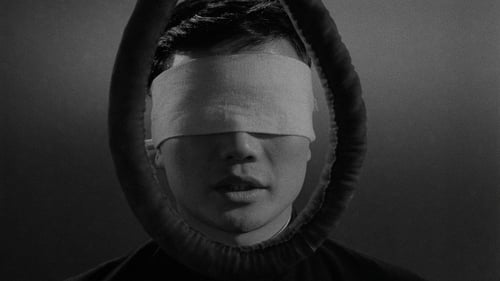
物語は死刑囚・韓国人少年Rの絞死刑が失敗したところから始まる。Rは死刑執行失敗のショックで心神喪失状態に陥ってしまう。その状態では刑の再執行は許されないため、Rの判断能力を取り戻させようと、死刑執行人たちが四苦八苦する姿がブラック・ユーモア風に描かれていく。執行人たちはRの家庭環境や彼の犯罪を芝居で再現して見せる。その混沌とする事実と虚構が、事件の真相や日本国家に内在する矛盾、問題点をあらわにしていく。
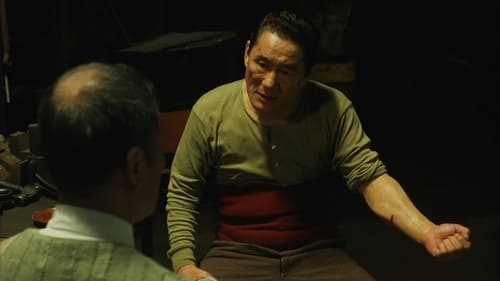
In 1923, teenager Kim Shun-Pei moves from Cheju Island, in South Korea, to Osaka, in Japan. Along the years, he becomes a cruel, greedy and violent man and builds a factory of kamaboko, processed seafood products, in his poor Korean-Japanese community exploiting his employees.
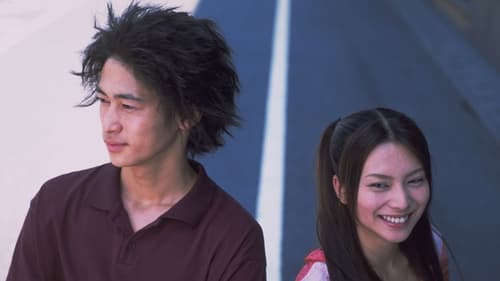
在日韓国人三世の杉原は、日本の普通高校に通う3年生。あだ名はクルパー。ハワイ旅行をきっかけに朝鮮から韓国に国籍を変えた父親・秀吉に叩き込まれたボクシングで、喧嘩や悪さに明け暮れる日々を送っている。友だちは、ヤクザの息子・加藤や民族中学校で杉原と共に教師から目の敵にされていた同級生の元秀や先輩のタワケ。だが、杉原にもリスペクトする男がいた。民族中学校開校以来の秀才と言われた正一だ。ある日、杉原は加藤のバースデイ・パーティで桜井という少女と恋に落ちる。ちょっと風変わりな彼女とぎこちないデートを重ね、気持ちを近づけていく杉原。しかし、自分が在日であることは告白しかねていた。そんな中、正一が駅のホームで少年に刺されて死んだ。誤解が原因で起こった悲劇だ。親友を失ったショックに愕然となった杉原は、その夜、桜井と一夜を共にし、自分が在日であることを彼女に告白する。ところがそれを聞いた途端、桜井の態度が急変した。打ちひしがれた杉原は、やり場のない思いを父親にぶつけるが、反対にのされてしまう。だがその時、彼は国籍や民族にとらわれない世の中を作ってやろうと心に誓うのであった。それから半年後のクリスマス・イヴ。大学受験に向けて勉強中の杉原。夜、桜井からの電話で呼び出された彼は、偏見を払拭した彼女とよりを戻す
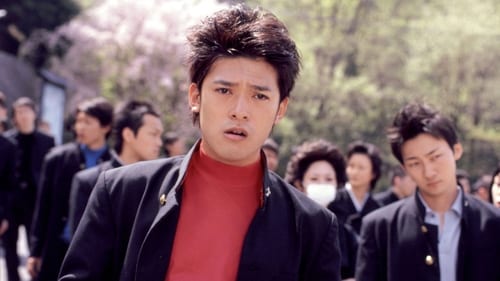
1968年、京都。高校2年生の康介(塩谷瞬)は、担任からの指示で親友の紀男(小出恵介)と敵対する朝鮮高校に親善サッカーの試合を申し込みに行く。そこで康介は音楽室でフルートを吹くキョンジャ(沢尻エリカ)に一目惚れするが……。
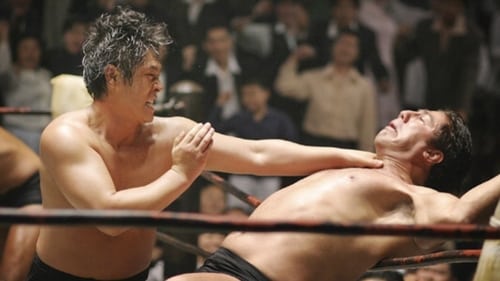
Story of Rikidozan, a sumo wrestler who can only achieve limited success in Japan because he's half Korean. But when Rikidozan goes to the United States and discovers professional wrestling, he becomes a hero back home.

日本万国博覧会が開催された高度経済成長期の1970年、関西地方で焼肉店「焼肉ドラゴン」を営む龍吉(キム・サンホ)と妻・英順(イ・ジョンウン)は、娘3人と息子と共に暮らしていた。戦争で故郷と左腕を奪われながらも、前向きで人情味あふれる龍吉の周りには常に人が集まってくる。
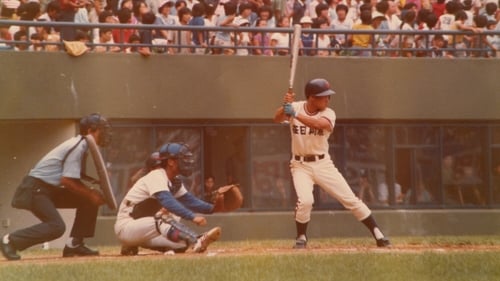
In April 2013, unfamiliar faces appear at the Jamsil Baseball Stadium during the opening matches between Doosan and SK. The nervous middle-aged men throwing and batting the first ball are, in fact, Korean-Japanese former team members that played on that same spot in the 1982 finals of the Bong-hwang-dae-ki games.
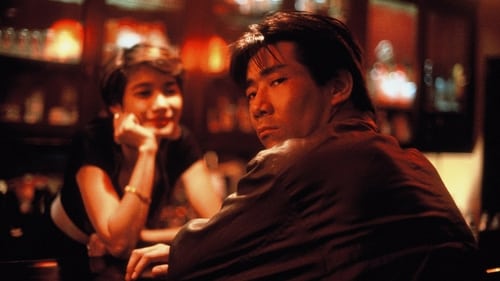
A Korean taxi-driver interacts both humorously and tragically with his customers and employers in '90s Tokyo.
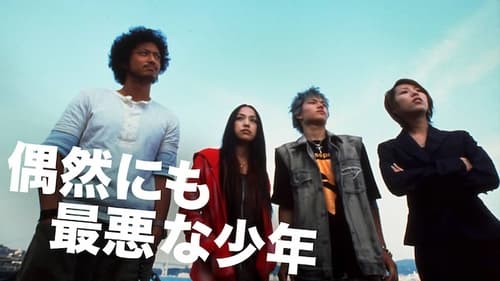
カネシロヒデノリは在日韓国人の高校生。小さい頃からいじめられっ子だったヒデノリは、さしたる目的も持てず無為な毎日を過ごしていた。ある日、彼の姉ナナコが手首を切って自殺した。ヒデノリは姉に一度でいいから祖国を見せてやりたいと無謀な計画を思い立つ。ひょんなことから知り合った強迫性障害で盗癖のあるエキセントリックな少女、由美と、渋谷でブラブラしている24歳のチーマー、タローがその計画に加わる。彼らは亡くなったナナコの遺体を病院の霊安室から盗み出すと、白いオンボロマークIIに乗り込みひたすら西を目指して走り始めるのだった。

Ao Chong is the first feature film directed by Lee Sang-Il about Korean high school students growing up in Japan.
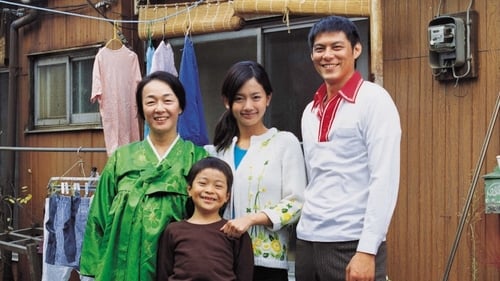
In 1974, during the height of the recession, a Japanese Korean family relocates to Tokyo to raise money and seek better treatment for their ill son.

Dear Pyongyang is a documentary film by Zainichi Korean director Yang Yong-hi (Korean: 양영희, Hanja: 梁英姬) about her own family. It was shot in Osaka Japan (Yang's hometown) and Pyongyang, North Korea, In the 1970s, Yang's father, an ardent communist and leader of the pro-North movement in Japan, sent his three sons from Japan to North Korea under a repatriation campaign sponsored by ethnic activist organisation and de facto North Korean embassy Chongryon; as the only daughter, Yang herself remained in Japan. However, as the economic situation in the North deteriorated, the brothers became increasingly dependent for survival on the care packages sent by their parents. The film shows Yang's visits to her brothers in Pyongyang, as well as conversations with her father about his ideological faith and his regrets over breaking up his family.
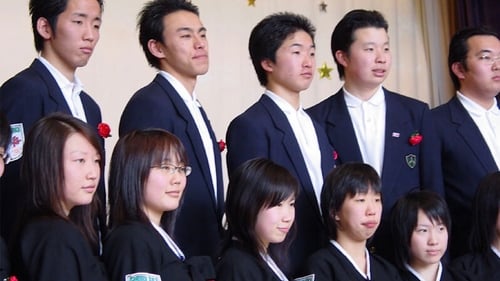
This documentary is about the 3rd and 4th generation Korean residents of Japan who are students of Chosen elementary, middle, and high school in Hokkaido. It follows the students through one year of the eventual 11 years` national education. Rather than focusing on special occasions or issues, it reveals what it is like to live in Japan as Korean-Japanese by describing their everyday lives.

Osaka Korean High School has provided education for the past six decades to the children of pro-North Korean residents in Japan. This school is located only about 20 minutes away from Hanazono Stadium, the mecca of Japan’s high school rugby, but it was not until 1994, 18 years after the foundation of a rugby team at the high school, that the Japanese education ministry approved the team’s entry into the official league. Since then, the team has run in the national league as a representative of the Osaka area and been considered a front-runner ever since. The team has strong players and passionate supporters, but it faces difficulties just before winning the league.

When poverty-stricken Korean-Japanese (Zainichi) discover there is valuable iron ore in the rubble of a destroyed shantytown they plan to haul it out for profit. Amidst this plan there is discrimination, war and an infatuation between a man and a woman, but like everything around them there and owing to the forces around them, there is as much chance that these may burn to ashes and be destroyed or be the beginning of something new.

朝鮮学校の歴史と現状を描いたドキュメンタリー。1910年の韓国併合から110余年。戦後、各地に国語講習所が設立されてから70余年。在日朝鮮人たちはさまざま差別と戦いながらも、アイ(子ども)たちの夢を育てるため、朝鮮学校という幼稚園から大学にいたる民族教育事業を続けてきた。しかし、2010年に日本政府は高校無償化制度から朝鮮学校を外し、地方自治体も次々に補助金を打ち切るなど、近年の朝鮮学校を取り巻く環境は厳しく、朝鮮学校は裁判闘争に立ち上がる。そんな朝鮮学校にまつわる知られざる歴史的資料や証言を発掘し、100年におよぶ差別との戦いを浮き彫りにする。朝鮮大学出身で、ジャーナリスト、ノンフィクション作家として在外朝鮮民族問題を専門にしてきた高賛侑が、初めて映画監督を務めた。

This is the true story of Kim Hee-ro and his fight for justice in Japan. On February 20, 1968, two Japanese gangsters were killed in a cabaret in Shizuoka, Japan. Kim Hee-개, a Korean resident of Japan, was accused of th crime. Kim held 13 people hostage in a nearby hotel, trying to have his story of constant intimidation and threats by the gangsters told, but eventually he was captured and sentenced to life imprisonment.
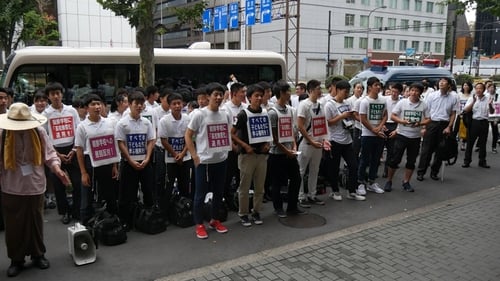
After 15 years of knowing Chosun people in Japan I met on Mt. Geumgang in 2002, I face the history of colonization and division that I had not known before. They’ve been to North Korea many times, but never to South Korea. They tell us why they want to live as Chosun people despite the discrimination in Japanese society.

